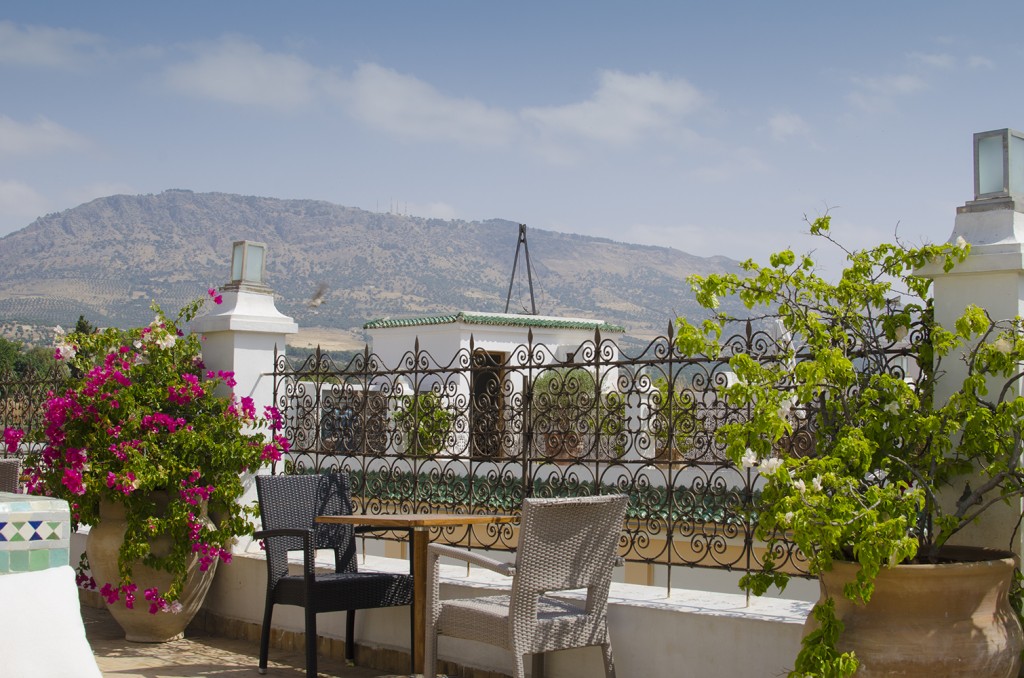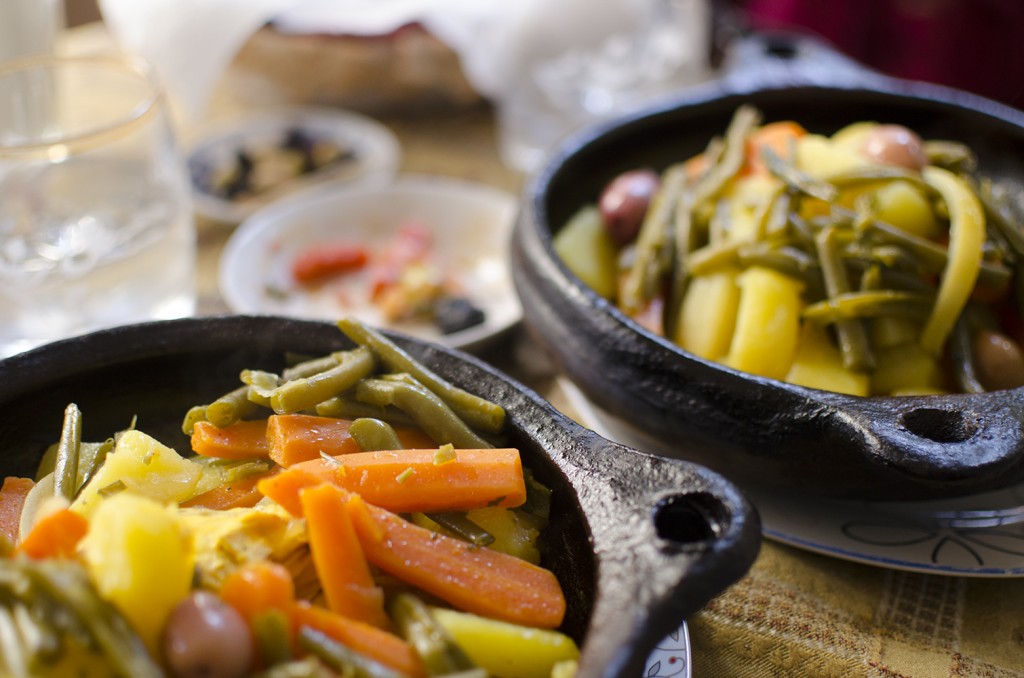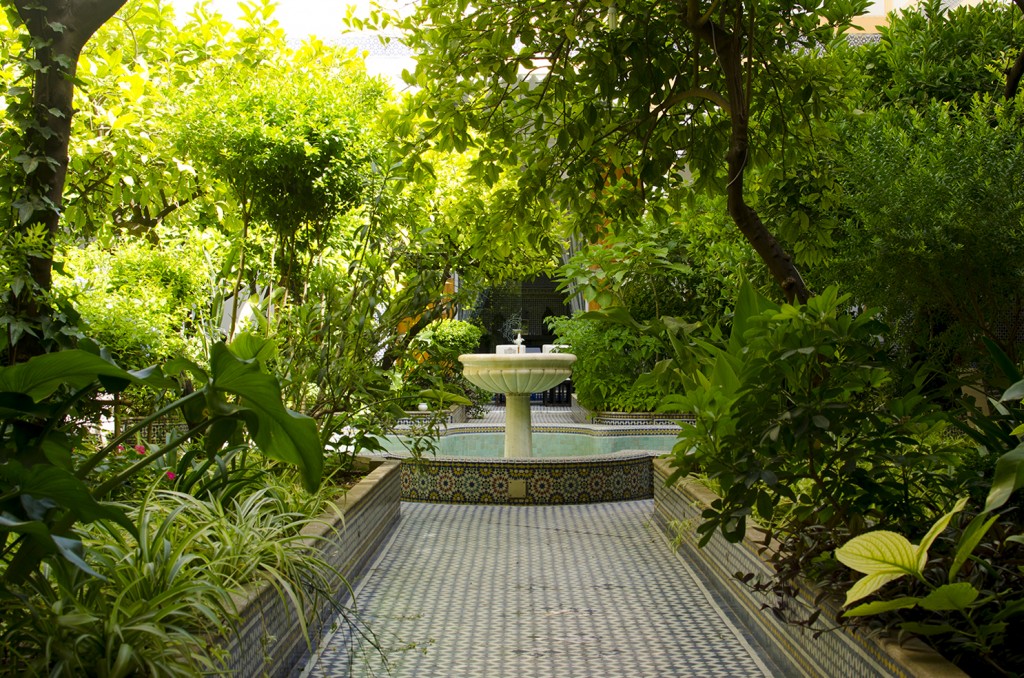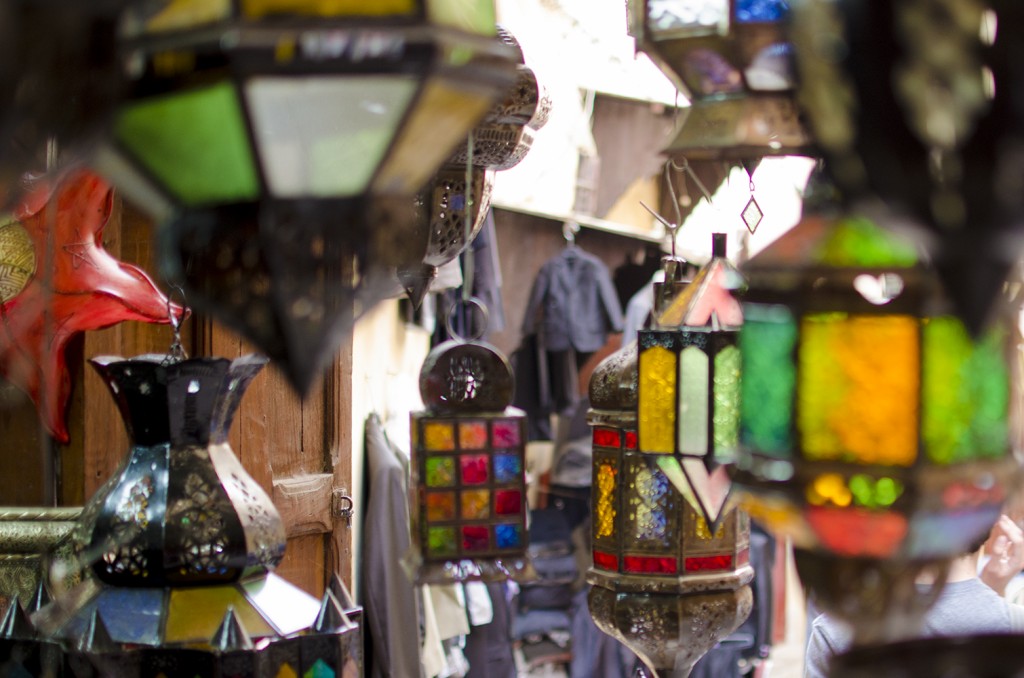Attitude city guide: Fez, Morocco
By Will Stroude
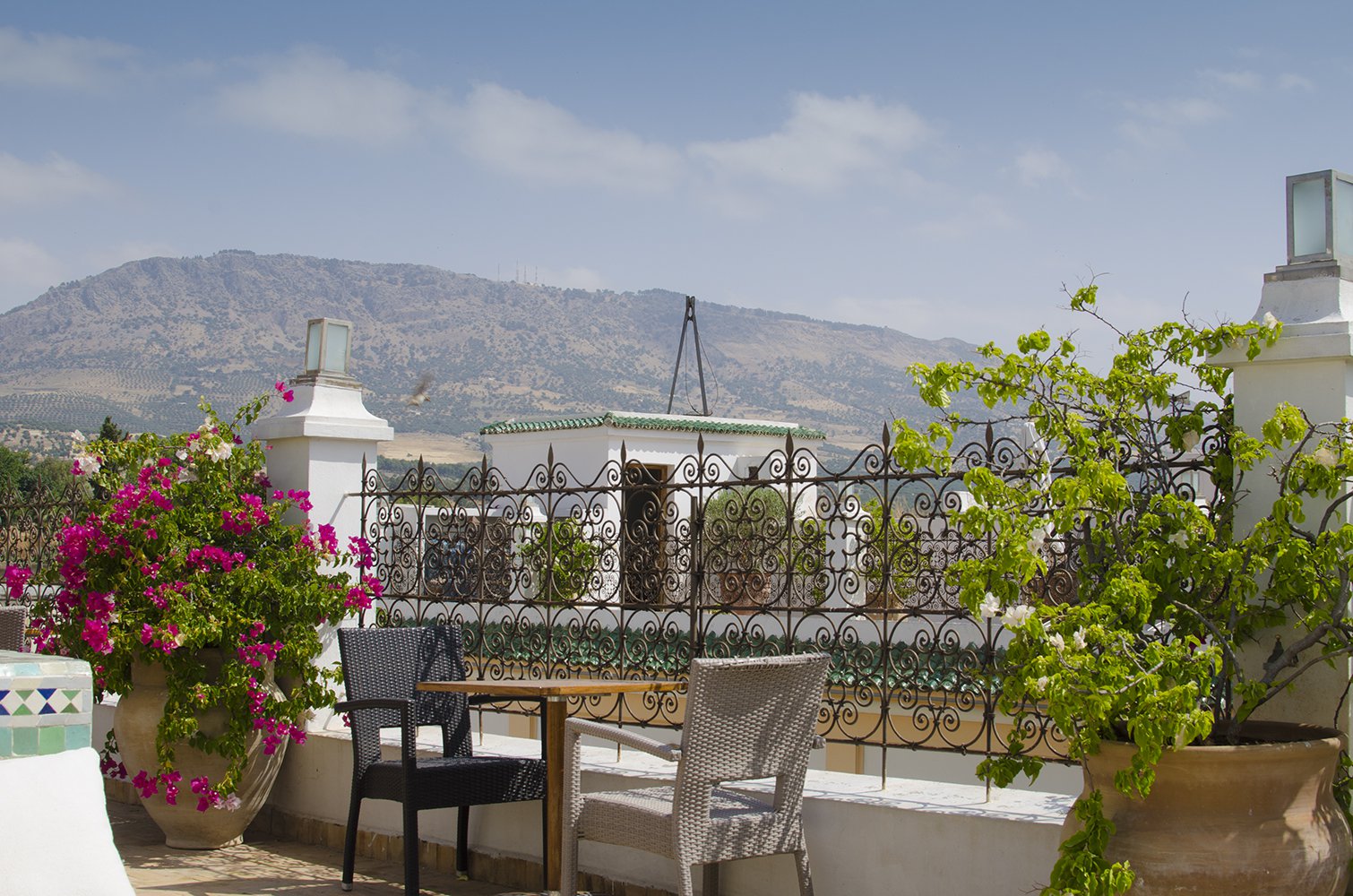
Authentic Arabic culture on the doorstep of Europe
Effectively three cities rolled into one, the Moroccan city of Fez contains one of the last pockets of medieval Islamic civilisation in the world. The medina of Fez el-Bali (Old Fez) is a UNESCO World Heritage site – a labyrinthine window into the past where donkeys and carts shuffle through the tangle of crumbling buildings and 10,000 cobbled alleyways. Not so much a culture shock as a slap round the face, the ancient medina is a vibrant, buzzing enclave where craftsmen and street-sellers live and work as they have done for hundreds of years.
Visitors should leave plenty of luggage space to stock up on the multitude of ornate brass-work and embroidery on offer, or the hand-crafted bags and shoes made at one of the many leather tanneries. Less explored than Marrakech or Casablanca but still tourist-friendly, the imperial city is a sensual feast of North African culture, where the call to prayer provides the soundtrack to your exploration through the maze of market stalls.
While homosexuality is technically punishable with up to three years in prison, gay tourists shouldn’t face any problems in hotels that cater to Westerners, and in a culture where even public displays of affection between straight couples are considered taboo, common sense and a healthy dose of discretion means you shouldn’t run into trouble if travelling with a partner.
Where to stay:
Palais Amani sits just inside the walls of the medieval city and is the perfect oasis of calm away from the hubbub of the medina. The biggest authentic Riad in Fez, it’s an art deco listed building which offers 14 luxurious suites and bedrooms around a lush, tranquil garden. The service is as attentive as you’d expect, and the hotel’s little black book of contacts and on-hand guides are an invaluable help if you’re looking to haggle your way to the best of the local craft.
Where to eat:
Tagine is the national dish of Morocco; a slow-cooked stew of lamb or chicken and vegetables given a smooth aromatic flavour by the addition of preserved lemon, olives, almonds and prunes. Palais Amani offer souk spice tours and cooking workshops where you can see traditional Moroccan cuisine go from medina to plate. Accompanied by the Riad’s head chef, guests and non-guests alike can embark on an enlightening tour of the local market, helping seek out the traditional ingredients which they’ll use later during a cookery class – which ends with the all-important opportunity to enjoy the fruits of your labour out on the sun-drenched terrace.
Where to relax:
Raucous nightlife isn’t really on the cards this conservative, Islamic city, but the sociable locals are more than likely to invite you into their shops and offer you fresh juice, Moroccan biscuits and mint tea. After a hard day’s haggling, guests at Palais Amani can watch the sun set over the ancient city and surrounding mountains from the hotel’s private rooftop terrace and bar, or even treat themselves to a traditional Hammam. Designed in true Moroccan style with hot room, exfoliation room, separate showers and a luxury relaxation chamber, a ‘Royal Hammam’ treatment – complete with pumice stones, rose water scrub and body clay mask – is the perfect way to recover and cleanse after a day in the sizzling African heat.
Souk & Spa Break at Palais Amani: A 3 night break at Palais Amani is priced from £480 based on two sharing and includes daily breakfast, a shopping tour of the medina, a Royal Hammam treatment each and a 3 course dinner on one evening.
For more information visit palaisamani.com.

